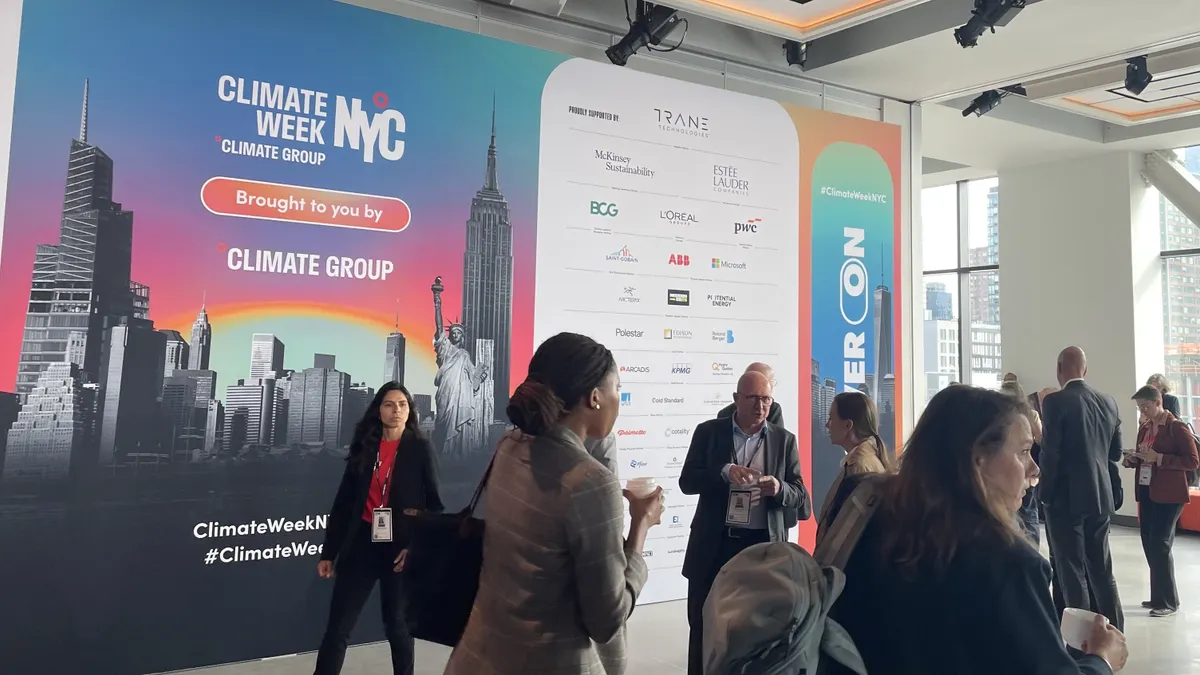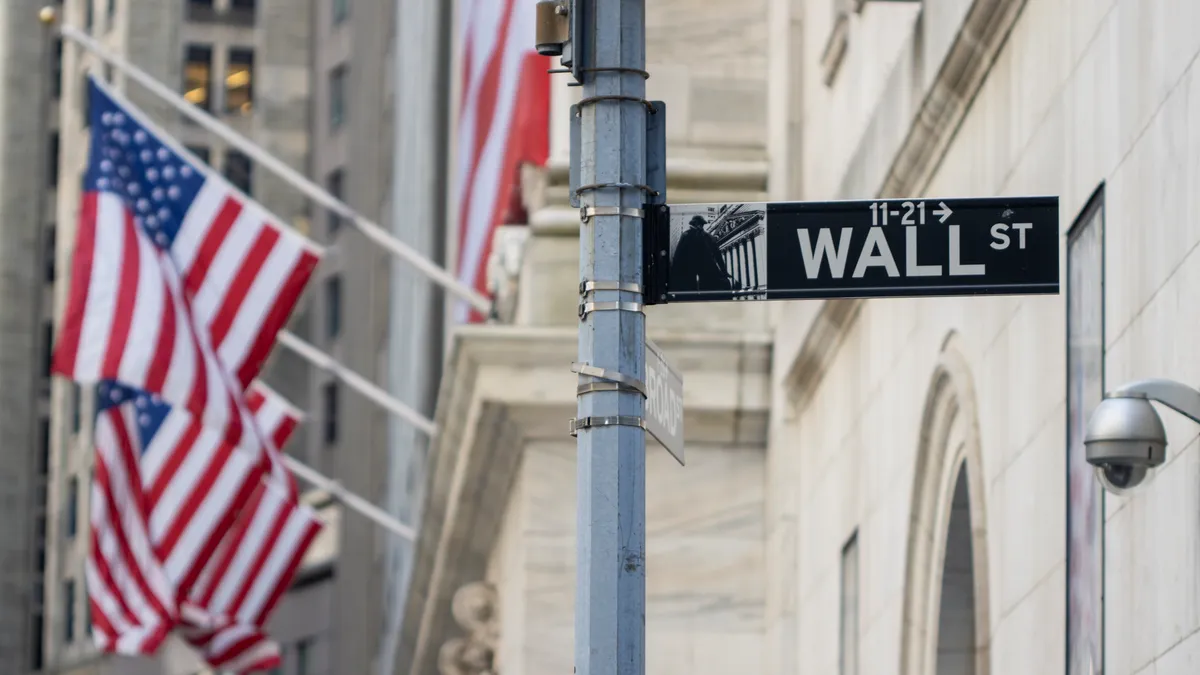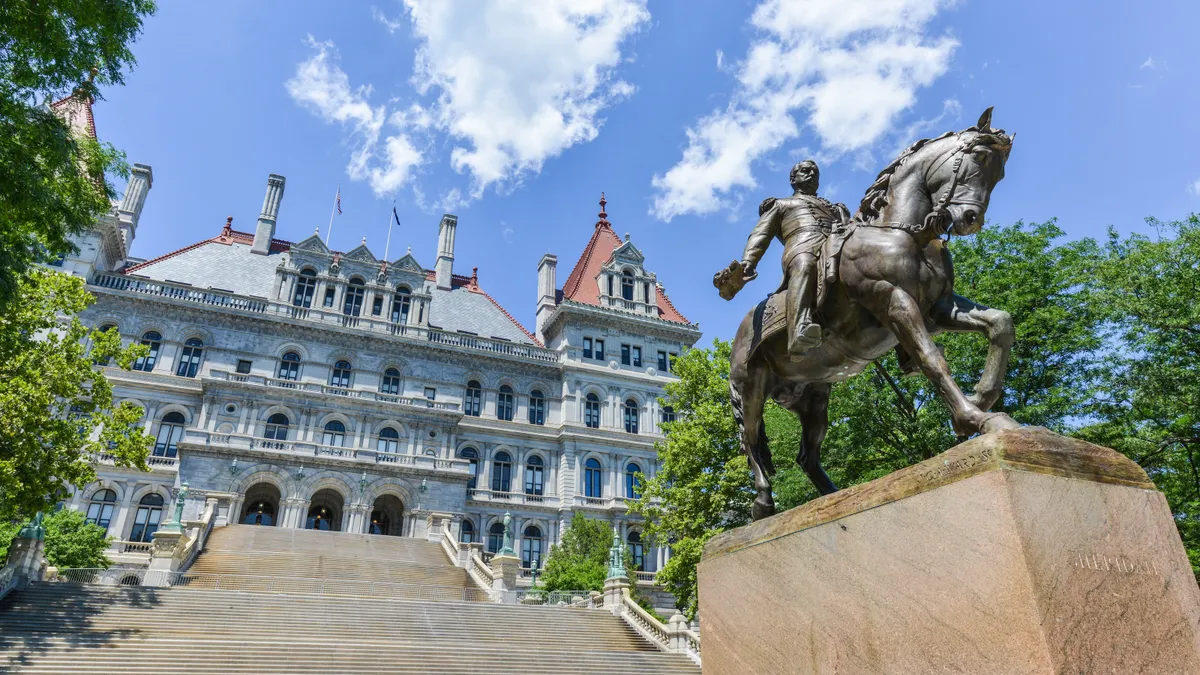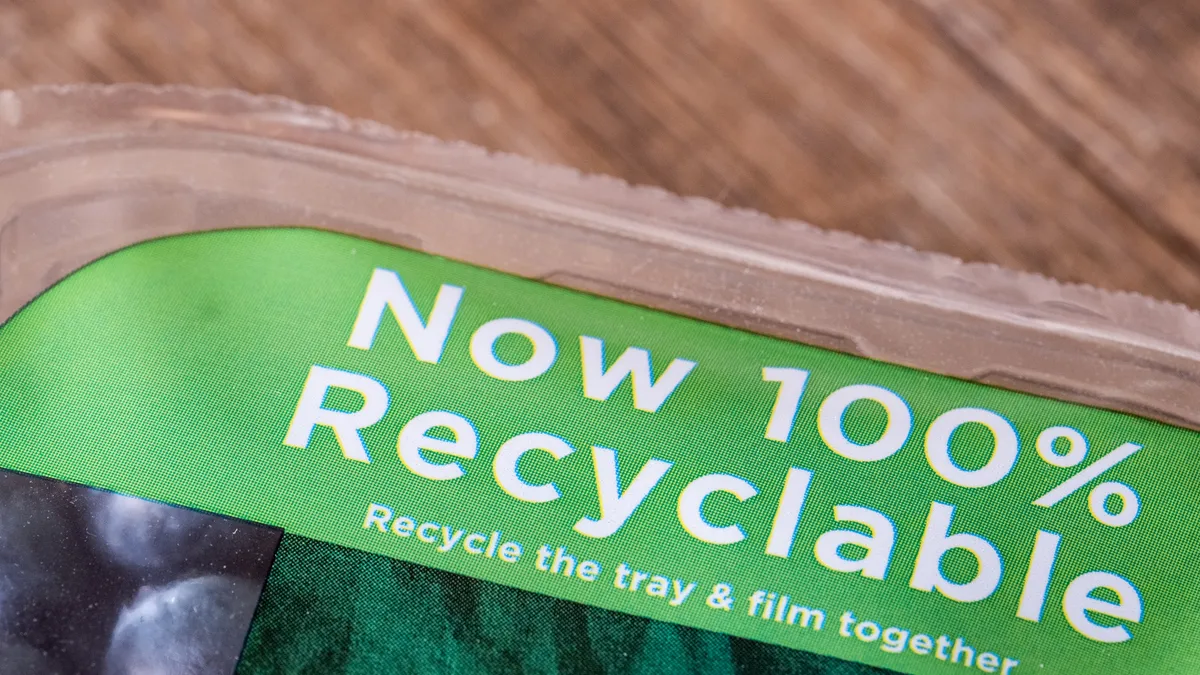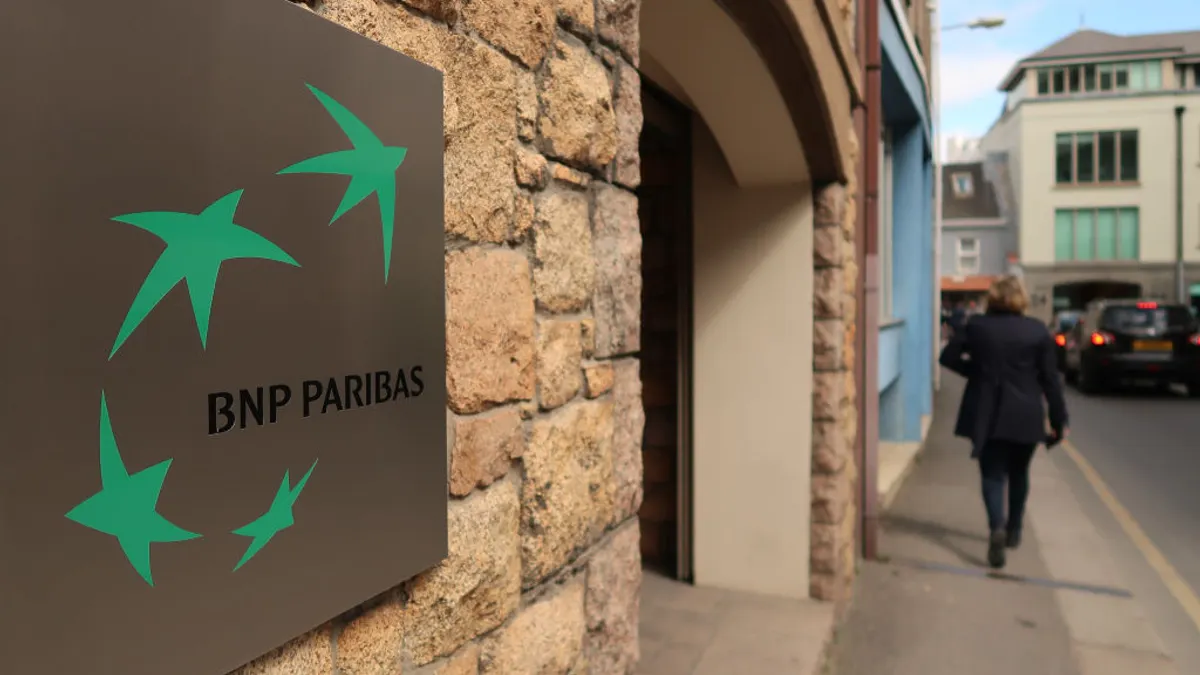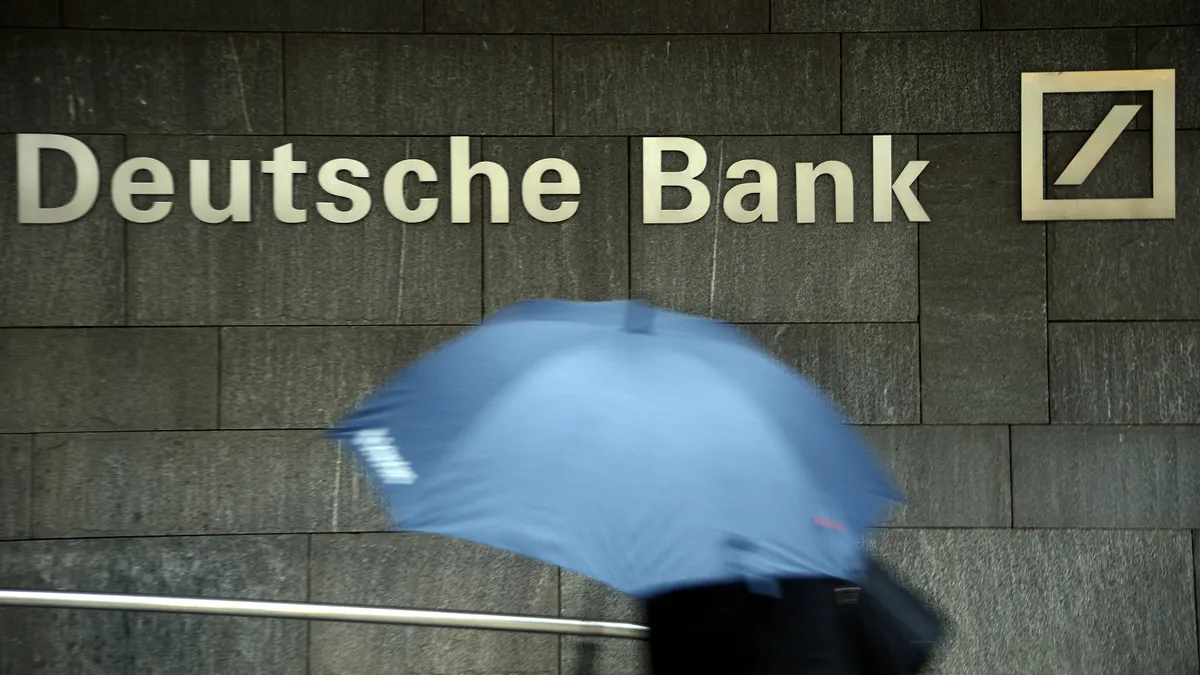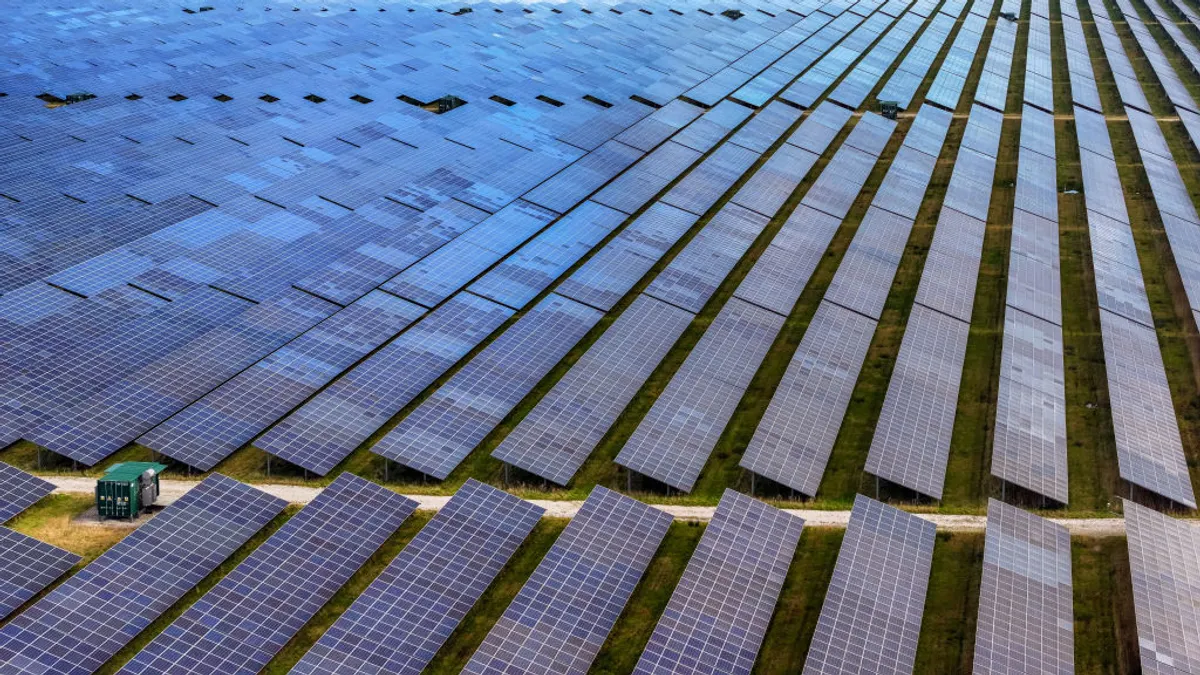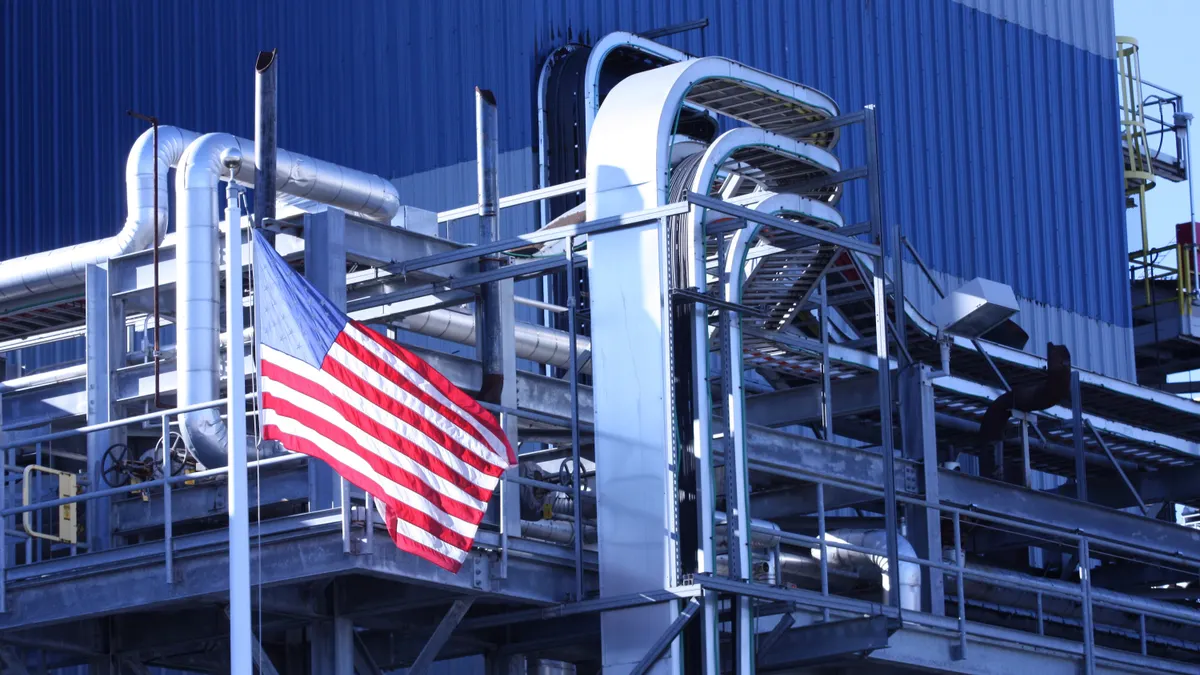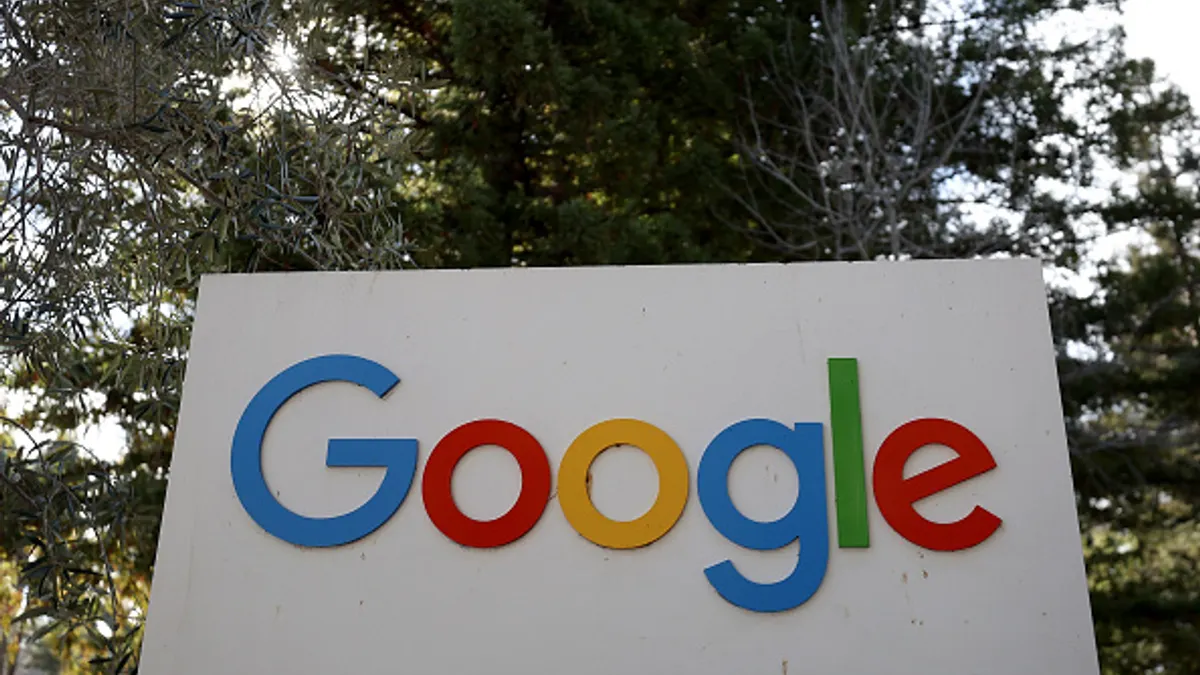NEW YORK — New York City’s annual climate week is in full swing, providing corporate, organizational and governmental sustainability experts an opportunity to convene and draw out plans to tackle the climate crisis. The theme for this year is “Power On” and focuses on scaling renewable energy, developing green infrastructure and integrating climate solutions across industries and sectors.
The event — running from Sept. 21-28 and comprising over 900 events and activities across New York City this year — also gives companies looking to make climate and environmental-related announcements a meaningful platform, and 2025 has been no different.
Among the numerous deals, product releases, reports and pledges announced over Climate Week’s first two days, large multinationals Johnson & Johnson, Levi’s, Schneider Electric, Microsoft and Mastercard announced a slate of climate and sustainability-related investments. Here’s a quick rundown of the deals announced so far:
Johnson & Johnson donates $1M to support health workforce responding to climate disasters
The charitable arm of Johnson & Johnson is donating $1 million to bolster healthcare workers’ ability to respond to emergencies linked to climate-driven natural disasters, the pharmaceutical giant announced Monday at a panel discussion hosted by The Climate Group.
The J&J Foundation will make the contribution to Americares, a global nonprofit that focuses on improving health outcomes for people impacted by disasters, poverty or crises. The donation includes funding to support rapid responses to future emergencies and for Americares’ emergency response and preparedness work through the humanitarian organization’s Rapid Impact and Support for Emergencies program. Americares said RISE, which targets corporate supporters, allows it to “maintain a constant state of readiness and respond swiftly and effectively to more than 35 emergencies worldwide every year.”
The donation comes a year after Hurricane Helene, which caused widespread damage and numerous fatalities across the Southeastern United States. Americares said the J&J Foundation played a key role in supporting its emergency response at the time.
Americares President and CEO Christine Squires said the new funding will allow the nonprofit’s team to be “ready before the next disaster strikes.”
“With more frequent and intense storms and heatwaves leading to medical emergencies and straining health systems, frontline health workers need support now more than ever,” Squires said in a Sept. 22 release.
Levi’s teams up with Schneider Electric to boost transition across supply chain
Levi Strauss & Co. is partnering with Schneider Electric to expand access to renewable electricity across its global supply chain. The two companies launched the Levi Strauss & Co. Energy Accelerator Program — which will start in India — Tuesday in a bid to help the denim manufacturer meet its near-term sustainability targets, according to a Sept. 23 release.
Levi’s has a goal to reduce absolute scope 1 and scope 2 greenhouse gas emissions by 90% by the end of 2025, compared to a 2016 baseline, as well as a goal to cut absolute scope 3 emissions by 42% by 2030, compared to a 2022 baseline. The denim giant has also committed to achieving net-zero emissions across its supply chain by 2050.
The companies said LEAP will offer suppliers “the best available pricing, terms, and return on investment to enable renewable energy procurement.” Indian textile and apparel manufacturing suppliers utilizing the program will have access to comprehensive training modules, financial evaluations and advisory services from Schneider Electric, per the release. Enrolled suppliers will also be able to partake in onsite solar or certificate purchasing opportunities or couple with multiple buyers for a power purchase agreement.
Levi’s — whose portfolio also houses brands such as Dockers and Beyond Yoga — said it aims to scale the program to other geographies and business partners.
“LEAP is the kind of practical, partnership-driven model we need to decarbonize global supply chains: it meets suppliers where they are, pairs trusted advisory with clear procurement pathways, and unlocks renewable electricity starting in India,” Schneider Electric Vice President of Global Cleantech and Renewables John Powers told ESG Dive Tuesday. “LEAP offers a blueprint other industries can replicate to move faster toward net-zero emissions.”
Levi’s Senior Director of Global Sustainability Jennifer DuBuisson echoed Powers in an emailed statement sent to ESG Dive.
“[LEAP is] a strategic investment in supplier capability and resilience, helping them navigate regulatory complexity and unlock renewable electricity opportunities that align with our own sustainability goals,” she added.
Microsoft invests in Fortera’s full-scale low-carbon cement plant
Low-carbon cement manufacturer Fortera announced Tuesday that it secured an investment from Microsoft that will help support construction of a full-scale production facility. In return, Microsoft will receive an observer seat on Fortera’s board and the ability to purchase both low-carbon cement to be used in their data centers and the resulting environmental attribute credits, Fortera CEO Ryan Gilliam told ESG Dive.
The exact size of the investment was not disclosed, but Gilliam said in an email Monday it will not fully cover the cost of Fortera’s next plant, expected to produce 400,000 tons of low-carbon cement per year. However, he said the size of the investment was “meaningful enough” to include the board observer role — which allows non-voting individuals the right to attend board meetings and participate in discussions — and “establish a strong partnership between the companies.”
“Microsoft is both a leading purchaser of carbon credits and one of the largest consumers of cement and concrete for its data centers,” Gilliam said. “By integrating Fortera into its broader carbon-negative strategy, Microsoft is signaling confidence in our approach and helping set us up for the kind of growth that can truly move the needle.”
For Microsoft, the deal supports the company’s goal to become carbon negative by 2030. In addition to using Fortera’s cement to decrease the embodied carbon of its data centers, Microsoft will also be able apply the received carbon credits towards decreasing scope 3 emissions across its construction portfolio.
Mastercard announces fintech cohort with circularity focus
Global payments giant Mastercard announced the latest cohort for its fintech startup program Monday, timed to coincide with the start of Climate Week NYC. The latest 11 startups to join the company’s Start Path engagement program include a subset of companies focused on “advancing circular commerce by pioneering technologies for sustainable consumption and lifecycle management of goods,” a Sept. 22 release said.
“Where we sit in the global economy, it doesn’t work unless we partner right with companies … to accelerate this transition,” Mastercard CSO Ellen Jackowski said Monday at a Climate Week panel hosted by Solutions House.
The subset of selected circularity-focused fintechs are Save Your Wardrobe, which allows companies to better plan and map a product’s post-sale journey; Pentatonic, which enables companies to automatically buy back products for resale, repair or recycle; Circulae, which has a resale service that integrates into payment types; and Circulayo, which is working on incentivizing reusable packaging making the financial touchpoints of the process like instant deposits and refunds simpler.
The other fintechs chosen for the engagement program, which has been operational since 2014, are AraxaTech, Hyperlayer, Kamina, firmly, amnis, Qawn and MoovnPay.



